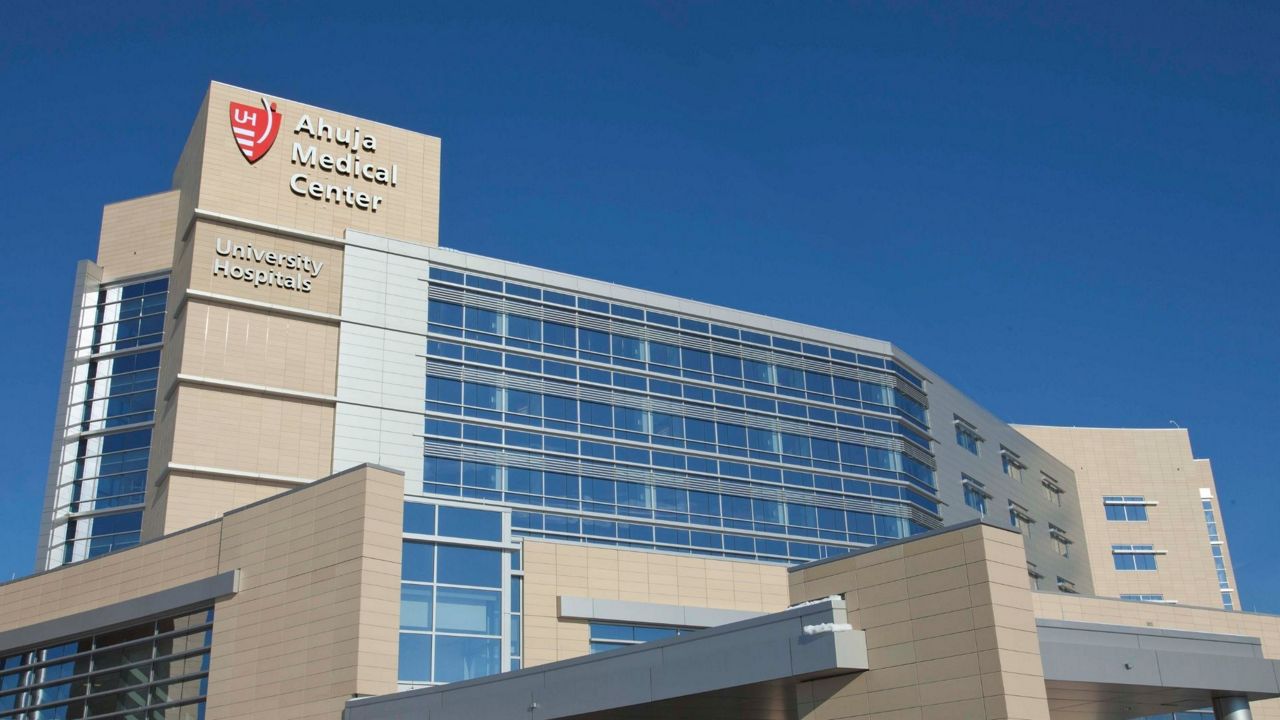CLEVELAND — Why do some people have long-haul symptoms with COVID-19? That’s a question researchers are hoping to answer at Case Western Reserve University and its hospital partners.
On Tuesday, University Hospitals announced it has received $17 million in federal funds for the NEO-CURE study, which will follow 900 northeast Ohioans. Researchers will follow patients for four years as part of the study. University Hospitals is an affiliate of CWRU.
The study is part of the National Institutes of Health’s Researching COVID to Enhance Recovery (RECOVER) project.
University Hospitals said that long-haul COVID-19 symptoms include pain, headaches, fatigue, brain fog, shortness of breath, anxiety, depression, fever, chronic cough and sleep problems.
University Hospitals said the NEO-CURE team will administer questionnaires to participants on a quarterly basis to document how they are feeling. Participants will also be asked to volunteer to have blood draws and collection of other biologic fluids, researchers said.
“How frequent is it? How long does it last? What makes it better? This study will answer a myriad of questions about the post-acute sequalae of SARS-CoV-2 infection,” said NEO-CURE Contact Principal Investigator Dr. Grace McComsey, an infectious diseases specialist.
In August, University Hospitals announced the opening of a long-haul COVID clinic.
The Centers for Disease Control and Prevention said that those with COVID-19 long-haul syndrome might not begin experiencing symptoms until at least four weeks after infection. The CDC said the effects of COVID-19 long-haul syndrome can affect patients who had mild or no coronavirus symptoms.
“If there are 100 million people who have had COVID-19 nationwide, even if 5% get these complications, that’s a huge health care crisis,” McComsey said. “These people had very active lives before COVID and some of them are now disabled, living with many symptoms and a fear of getting worse. We are excited to be part of this NIH initiative and help understand and treat this major health care issue.”



